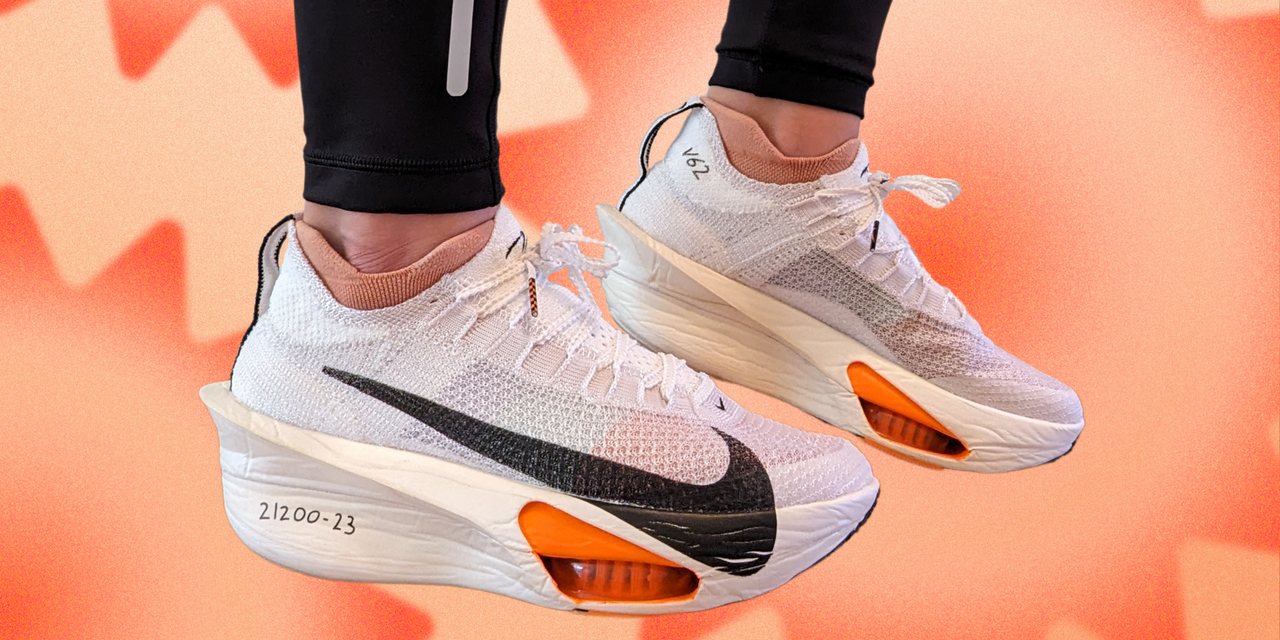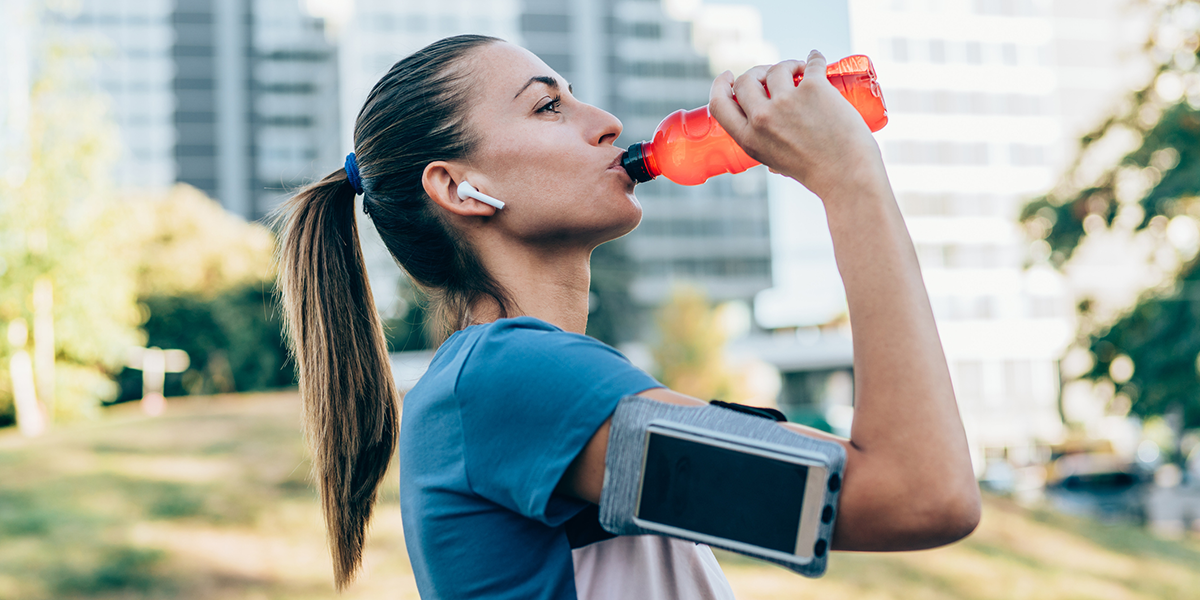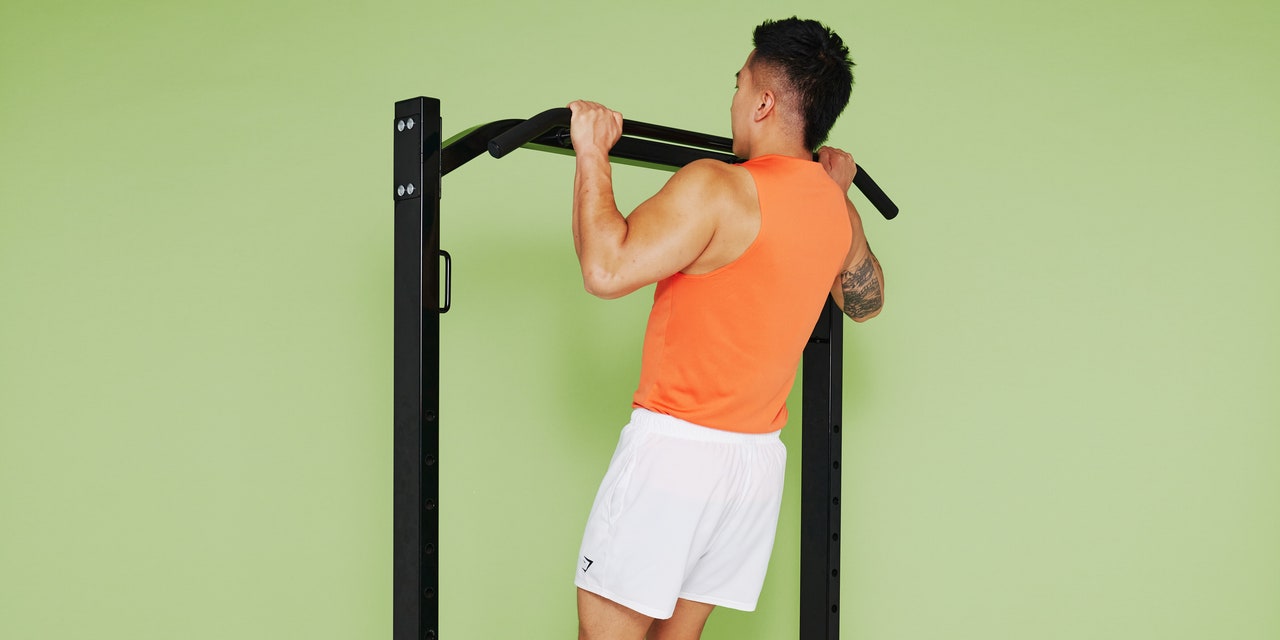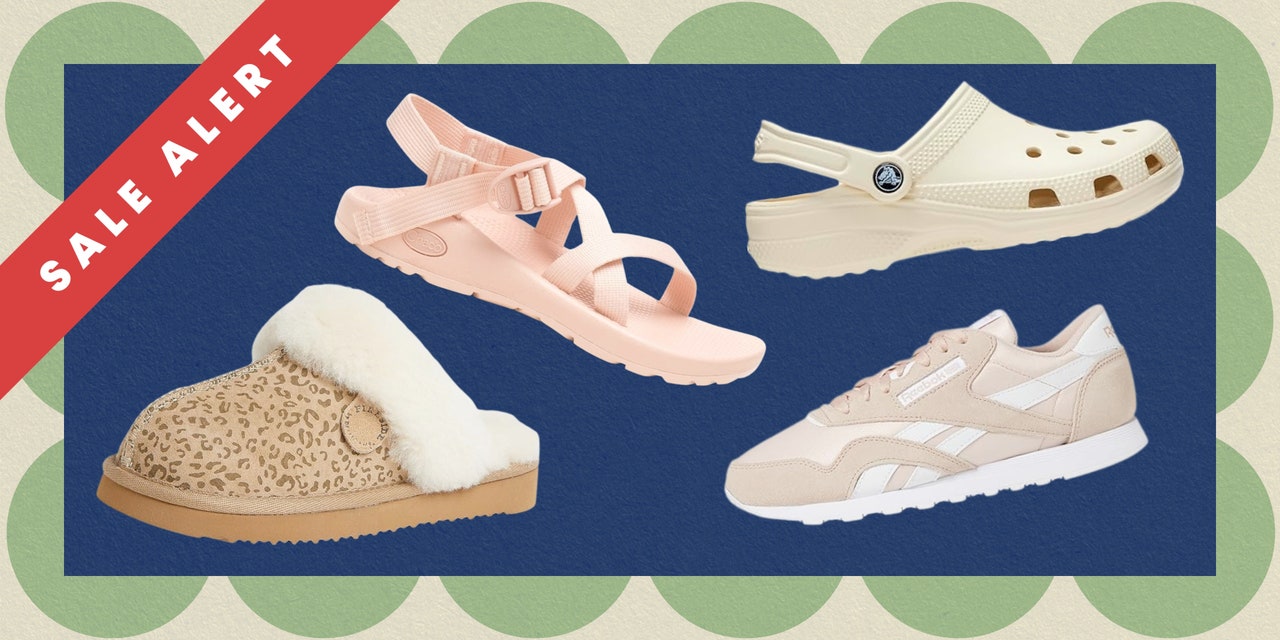I Regret to Inform You That the New $285 Nike Marathon Shoes Really Live Up to the Hype

Ever since Eliud Kipchoge broke the elusive two-hour marathon mark in 2019 wearing a prototype of the unreleased Nike Alphaflys, the line has become one of the most recognizable—thanks to those huge, chunky blocks of foam underfoot—and coveted racing shoes out there. Since then, the pros have worn Alphaflys to help them set world records and win Marathon Majors, while everyday runners have picked up their own pairs in the hopes of blowing past their PRs too.
I’m firmly in that latter category: I’m never going to win a race, but I still train with intention—mainly to keep bettering my own marks. That means I’m always on the lookout for gear that can help me run my best. So when Nike sent me a sample of the newest iteration of the line, the Nike Alphaflys 3 (nike.com, $285), I was eager to test them out to see just how fast I could be. (Turns out loads of other runners had that same thought as well. The shoes, which launched on January 4, sold out ridiculously fast, and a rep from Nike told SELF they won’t be back in stock until April 4.)
Who these shoes are for
The Alphaflys are carbon-plated “super shoes” made for racing: That means they’re the ones you choose when you want to run your hardest and your fastest. The ample (to put it mildly) cushioning also makes them a great option for runners racing longer distances, since it helps blunt the impact of each step. Though Nike markets the Alphafly 3 for “marathon speed,” they can certainly work for distances that aren’t quite 26.2 miles.
At nearly $300, the sneaker’s hefty price tag also means it’s going to be best for runners who are serious about their sport and have enough disposable income to devote to a really expensive pair of racing shoes. That is racing shoes, not just running shoes, because these aren’t made for everyday miles; you’d still need to have another pair to turn to for regular wear.
Christa Sgobba
Out of the box
These just plain look like you’re getting something cutting edge. In fact, the prototype color (white with orange and black accents, a black athlete wear-test number on the lateral midsole, and a black version number on the upper) made me feel like I was actually involved in their testing process.





